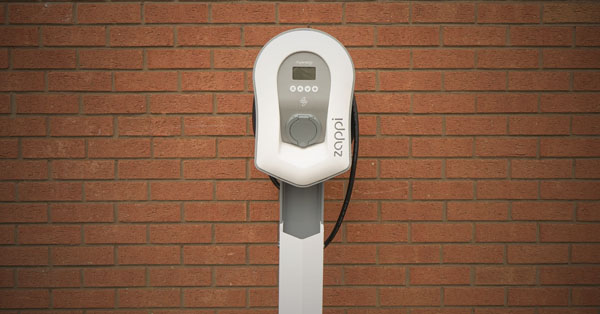
About EV Chargers
EV chargers are an important part of owning an electric vehicle. Either you need to own one, or you have to find a publicly available one. There are over 197,150 public chargers available in the US, but it is much more convenient to charge at home when possible. Learn more about EV chargers below.

What is an EV charger?
Technically, what most people call "EV chargers" are actually Electric Vehicle Supply Equipment (EVSE). They basically convert the power to a format that the electric vehicle can accept; the charger itself is built into the car. That being said, the most popular term for these units that's seemed to stick is "EV chargers."
Do I need an EV charger if I buy an electric car?
Most cars will come with a basic Level 1 portable charger. These can be plugged into a standard wall outlet and used to charge your car. While they will provide power over time, they're pretty slow, and a full charge can take a long time using one of these units.
An alternative to at-home charging is using publically available EV charging stations. These stations are popping up all over the place, from restaurants and convenience stores to malls and offices. These chargers are much more powerful than the charger an electric car comes with and can add significant range to your vehicle in a relatively short amount of time. If you have EV charging stations at your workplace or other places you frequent, you may be able to top up your car during your day and never need to charge overnight at home.
What types of EV chargers are there?
EV chargers fall into 3 basic categories; Level 1, Level 2 and Level 3.
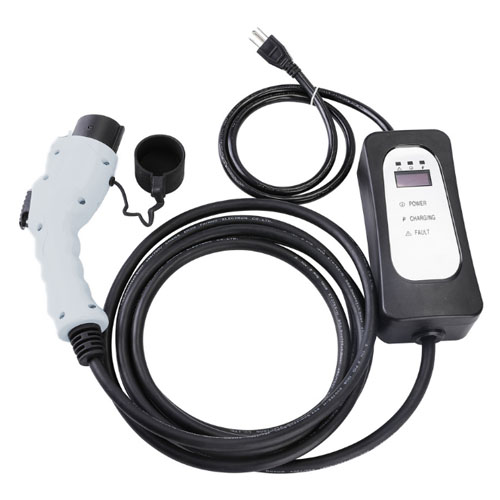
Level 1
120-Volt
A Level 1 EV charger plugs into a standard outlet in your home to juice up your car. Usually, a level one charger can add 2 to 3 miles to your car for each hour they're used. Most electric vehicles in the US will come with a Level 1 charger.
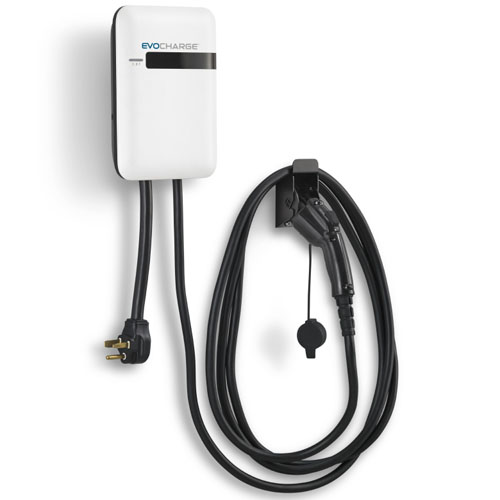
Level 2
240-Volt
A Level 2 EV charger lets you charge up your electric vehicle around five times faster. These chargers use 240V or the type of outlet you see for an electric dryer or stovetop. They add between 12 and 60 miles to your battery each hour.
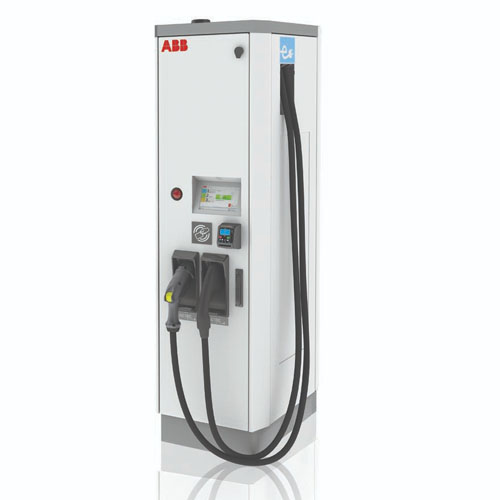
Level 3
400 Volts or more
A Level 3 EV charger is the fastest type of EV charger. They're also called fast chargers, DCFC chargers or DC fast chargers. These units typically use 400V or more and add 150 miles to a battery in an hour. These would not be installed for residential charging at home.
Do I need a special charger to match my specific car?
Level 1 and Level 2 Charging
Prior to 2023, it seemed like the charging specification had been standardized across the U.S. and Canada, with almost every electric car using a common plug called SAE J1772 for Level 1 and Level 2 charging. The only exception was Tesla, which used a proprietary charging port.
In 2024, however, the Tesla connector was standardized and renamed the North American Charging Standard (NACS). Major manufacturers like Nissan, Ford, BMW, and GM committed to switching to this connector starting with some 2025 model-year vehicles. This connector offers several advantages over J1772, including being smaller and lighter.
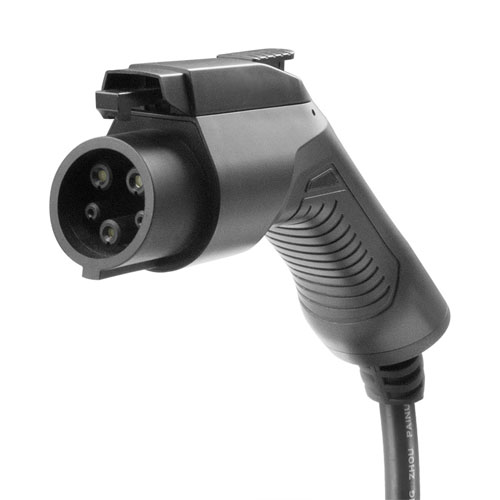
Level 3 Charging
For Level 3, or fast charging, it gets a little more complicated. These types of chargers aren't typically found in home installations and are instead the fast chargers you'll see at offices, malls, shopping garages, etc. In North America, there are three types of connectors.
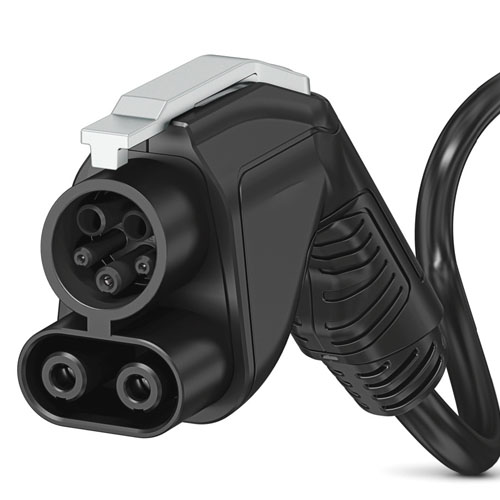
CCS (Combined Charging System)
Most American EVs manufactuered before 2025 (except Tesla).
This connector builds on the standard J1772 plug by adding two additional pins for high-speed charging. Currently, CCS is the most common connector in North America, used by nearly all North American electric vehicles (except Tesla). However, this will change starting with many 2025 model-year vehicles, as manufacturers begin transitioning to the NACS connector.
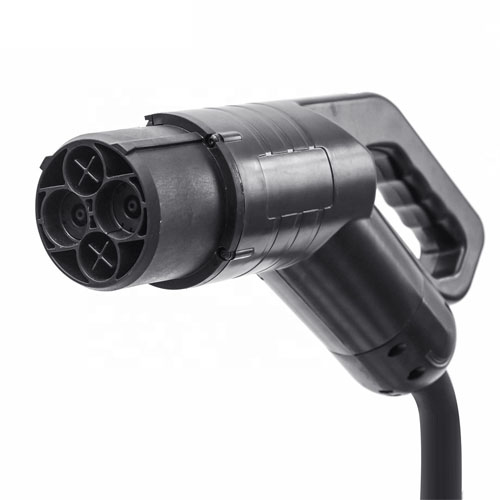
CHAdeMO
Nissan LEAF and Mitsubishi Outlander PHEV
This connector was developed in Japan and is popular there, but in the US, only the Nissan LEAF and Mitsubishi Outlander PHEV use the CHAdeMO connector.
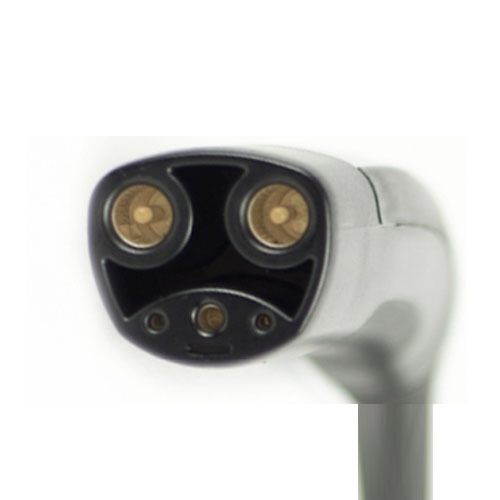
NACS
Tesla and most other brands sold in the US starting 2025
The NACS connector was originally developed by Tesla for use in its vehicles. It features a single connector for Level 1, Level 2, and Level 3 charging. Starting in 2025, most EV manufacturers will begin transitioning to this connector.
How fast will my car charge?
How quickly your car will charge will depend on both the make/model of car and the charger. You can use our EV charging speed calculator to get an idea of how fast you'll be able to charge.
Try our EV Charging Speed CalculatorAre there rebates for EV chargers?
Many parts of the country have rebates or incentives for installing a residential EV charger. The rebate funds can come from various sources; your local government, electric utility, county, state or even the federal government. These incentives can cover a significant portion of the cost to purchase and install an EV charger in your home.
Use the tool below to see if there are rebates for EV chargers where you live.